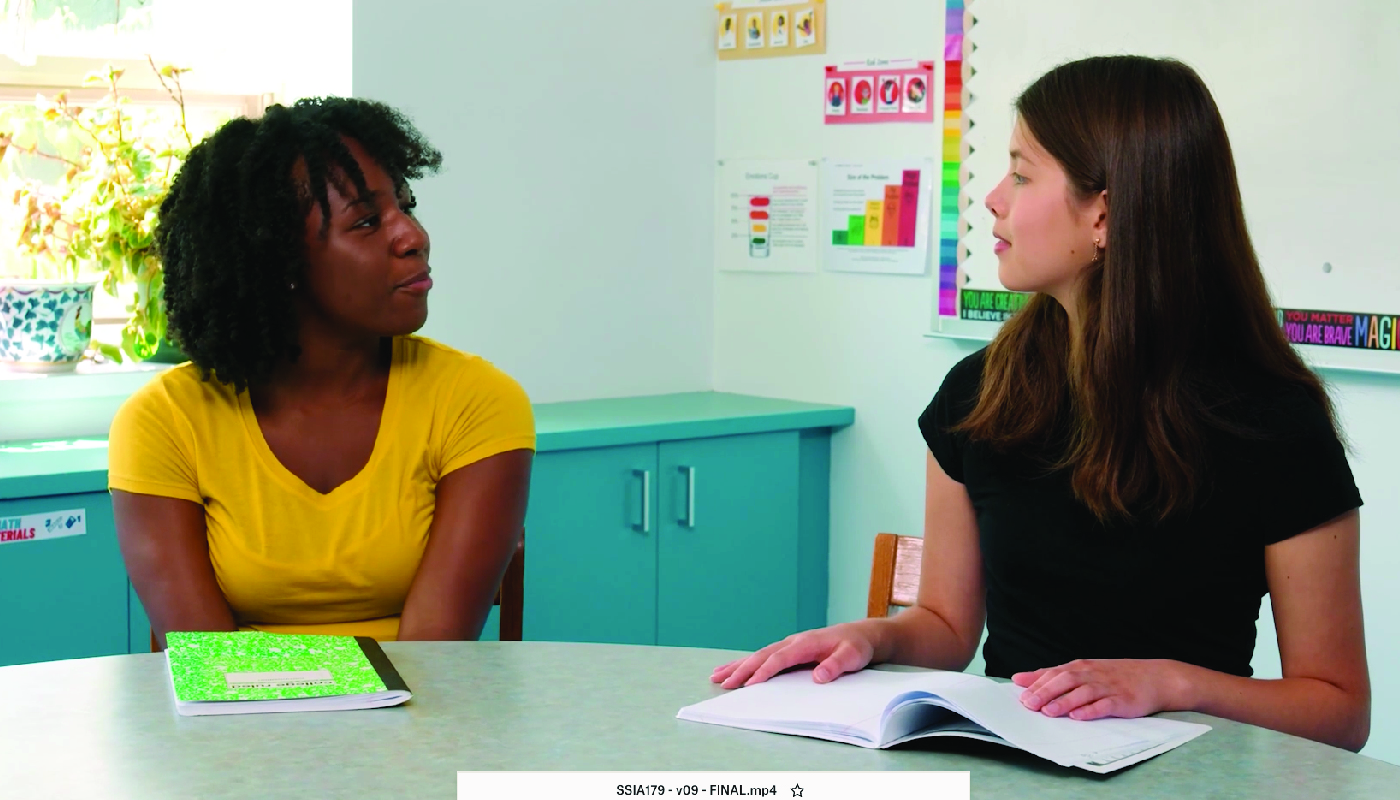Introduction
Volunteering is an excellent way for middle school students to donate their free time to help others and support a good cause. By engaging in activities such as planting trees, collecting food and clothes for those in need, or serving food at a shelter, students can make a positive difference in their community. Not only does volunteering help others, but it also builds confidence and self-esteem, provides opportunities to meet new people, and allows students to learn new skills or spend time doing things they enjoy. In this blog post, we will discuss a no-prep activity for educators to encourage volunteering, provide discussion questions, and mention related skills that can benefit students.
No-Prep Activity
This activity, called “Community Impact,” requires no preparation or materials from the educator. Begin by having students form small groups. Each group will brainstorm and discuss different volunteer opportunities available in their community or school. Encourage them to think about their own interests and strengths while considering these opportunities. After several minutes of discussion, each group will select one volunteer opportunity they would like to pursue.
Next, have the groups create a plan outlining the steps they would need to take to participate in their chosen volunteer activity. This plan should include contacting organizations, scheduling time to volunteer, and organizing any necessary supplies or resources. Once the plans are complete, have each group present their volunteer opportunity and plan to the rest of the class. This activity promotes teamwork, communication, and problem-solving skills, all while encouraging students to become more involved in their community.
Discussion Questions
- Why is volunteering important for individuals and communities?
- How can volunteering help you develop new skills or discover new interests?
- What are some challenges you might face as a volunteer? How can you overcome them?
- How can you encourage others to participate in volunteering?
- What are some ways you can continue to be involved in your community as you grow older?
Related Skills
Besides the benefits of volunteering mentioned earlier, participating in volunteer activities can help students develop several related skills that are essential for their personal and social growth. Some of these skills include:
- Leadership: Taking charge of a volunteer project or leading a group of volunteers can help students develop strong leadership skills.
- Teamwork: Working together with others to complete a volunteer task fosters collaboration and communication skills.
- Time management: Balancing school work, extracurricular activities, and volunteer commitments can help students improve their time management skills.
- Empathy: Volunteering allows students to understand the needs and feelings of others, encouraging the development of empathy and compassion.
- Problem-solving: Facing challenges and finding solutions during volunteer activities can help students enhance their problem-solving abilities.
Next Steps
Now that you have learned about the benefits of volunteering and the “Community Impact” activity, it’s time to take the next step in incorporating volunteering and other social-emotional learning principles into your educational practice. To access free sample materials that can help you further develop these skills in your students, visit Everyday Speech’s sample materials page and sign up today.






